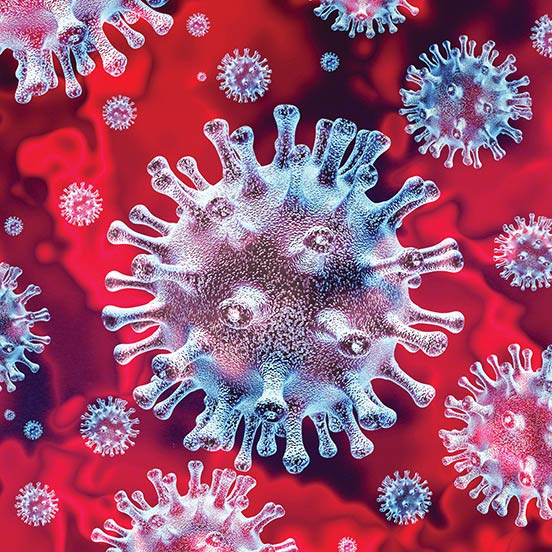Medications to Avoid or Adjust with Chronic Kidney Disease
When your kidneys don’t function the way they should, prescription and over-the-counter medications can build up in your blood and may cause additional damage to your kidneys or other parts of your body. That’s why it’s important for people with chronic kidney disease (CKD) to understand which medications make sense for them and which do not.
What medications to avoid with kidney disease
Here are some common over-the-counter and prescription medications that your doctor may tell you to avoid or adjust if you have kidney disease. We recommend that you talk to your doctor if you are taking any of these medications. Tell your doctor about all of your medications. Do not stop taking any medication without talking to your doctor first.
- Pain medications also known as nonsteroidal anti-inflammatory drugs (NSAIDs)
These medications reduce blood flow to the kidneys and should be avoided. NSAIDs can also be found in many medications marketed for fevers, colds, coughs, and sleeping problems. Always check the active ingredient labeling for NSAIDs to be sure. - Proton pump inhibitors (PPIs)
These medications are used to treat acid reflux and heartburn, and some studies suggest that they can increase the risk for kidney disease, osteoporosis, or other nutritional deficiencies. If you’re on dialysis, you may have limitations on taking these medications. Always talk to your healthcare provider before taking PPIs or other acid reflux medications. - Cholesterol medications (statins)
These medications are often prescribed to help lower cholesterol levels in the blood. Your doctor may need to adjust your dosage of these medications to protect your kidneys. - Antibiotic medications
Antibiotics, antiviral, and antifungal medications may harm your kidneys, so your doctor will need to be aware of your level of kidney function before prescribing these treatments. - Diabetes medications
Diabetes is the leading cause of kidney disease. It’s important that people living with diabetes control their blood sugar levels, which may involve the use of medication. If you have diabetes and are diagnosed with kidney disease, your doctor may need to adjust your medication dosage. - Antacids
Over-the-counter medications for heartburn and upset stomach can interfere with your body’s electrolyte balance, which can be problematic for people with chronic kidney disease. Always check with your doctor before self-medicating. - Herbal supplements and vitamins
Many herbal supplements contain minerals such as potassium or phosphorus that can be damaging for people with kidney disease. In general, herbal and vitamin supplements may need to be avoided if you have kidney disease. - Contrast dye
Contrast dyes used in diagnostic tests such as MRIs, CT scans, or angiograms may increase your risk for kidney problems or acute kidney injury (AKI). If you're scheduled to have one of these tests, talk to the doctor ordering the test or your radiologist. Tell all health care professionals responsible for your care about your glomerular filtration rate (GFR) and CKD.

Stay feeling your best with kidney disease
Our free education class will give you tips and tools to manage your kidney health. Learn about eating well and treatment options like home dialysis and transplant.
Get startedTalk to your doctor or pharmacist before taking over-the-counter medications and supplements
Chronic kidney disease can change the way your body processes certain substances, so it’s important that you talk to your doctor or pharmacist about all over-the-counter and prescription medications, as well as supplements or vitamins you take. When prescribed new medications, ask your doctor or pharmacist if the medication is safe to take with CKD, and tell them your current GFR. Open communication between you and your doctor can help ensure you’re protecting your kidney health.
Suggested topics

Kidney Disease and Coronavirus (COVID-19)
Having kidney disease puts people at higher risk of complications with COVID-19. If you or a loved one have kidney disease....
Looking Out for High Phosphorous Foods
Phosphorus is an important mineral. It works with calcium to help the body make strong bones and teeth. It also helps us grow, maintain...
What Do High Creatinine Levels Mean?
Creatinine is a waste product that is produced by your muscles. It is typically removed through the kidneys. Healthy kidneys filter creatinine...
Read More